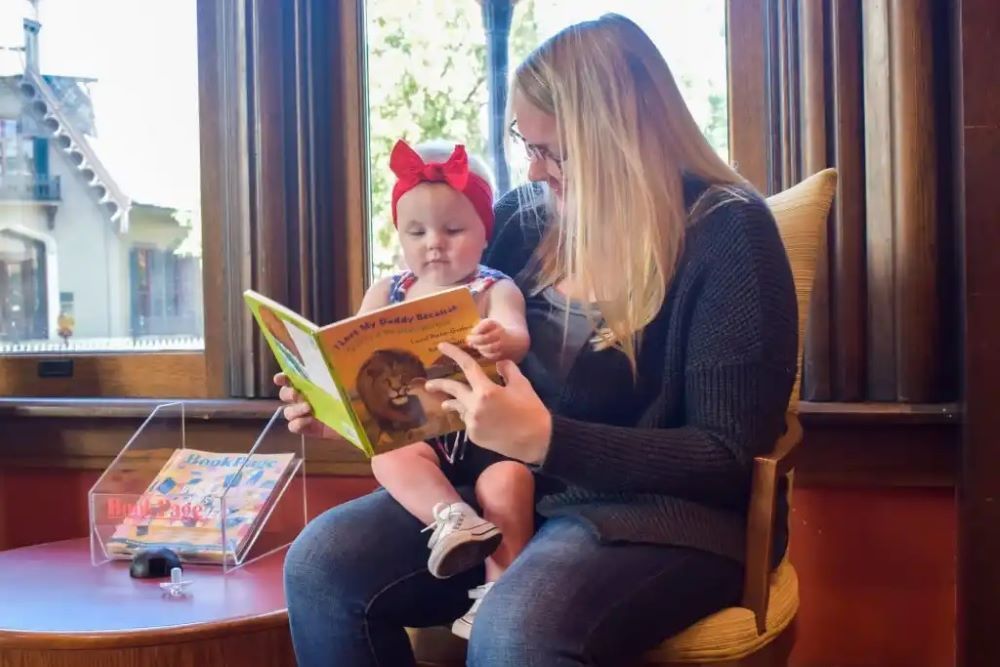Primary Care
Want to learn more about this at Kettering Health?
When children learn to read before kindergarten, it leads to greater academic success and stronger communication skills.
Kettering Health understands the importance of early literacy and has brought the joy of reading to thousands of kids through Dolly Parton’s Imagination Library.
The importance of early literacy
According to Dr. Elise Striebich, a primary care physician, learning to read at an early age increases a child’s overall vocabulary, which is the foundation for strong communication skills.
“We see those early readers with a wider vocabulary have easier comprehension with written and spoken language,” she says.
Even when babies can’t yet talk and show off their vocabulary, Dr. Striebich shares that listening to someone else speak, such as reading aloud, is essential to language learning.
“Just hearing language is really important for babies to be able to put words together,” she says.
Early literacy influences a child’s later years, too. Students who learned to read at an early age have better success throughout middle and high school.
“Research studies have shown that kids who read earlier tend to perform better in school across the board,” Dr. Striebich shares.
From Appalachia to Dayton
Dolly Parton, inspired by her father who could not read or write, founded the Imagination Library program in 1995 to promote literacy, especially in young children. In Sevier County, Tennessee, where she grew up, children enrolled in the program received one free, age-appropriate book a month from birth through age five.
Soin Medical Center was instrumental in bringing the program to Greene County. They began participating in the program in 2013, and in 2021 all Kettering Health birthing centers began participating, giving parents the option to enroll their children at no cost.
In the past year, Kettering Health enrolled more than 7,000 children in the program.
Thinking bigger
In 2019 Ohio Governor Mike Dewine created the Ohio Governor’s Imagination Library, with the goal of enrolling more than half of Ohio’s children under age 5.
As of February 2023, Ohio reached that goal, with more than 360,000 children enrolled.









